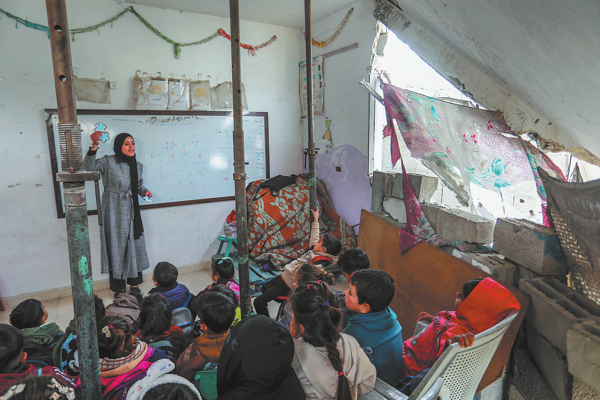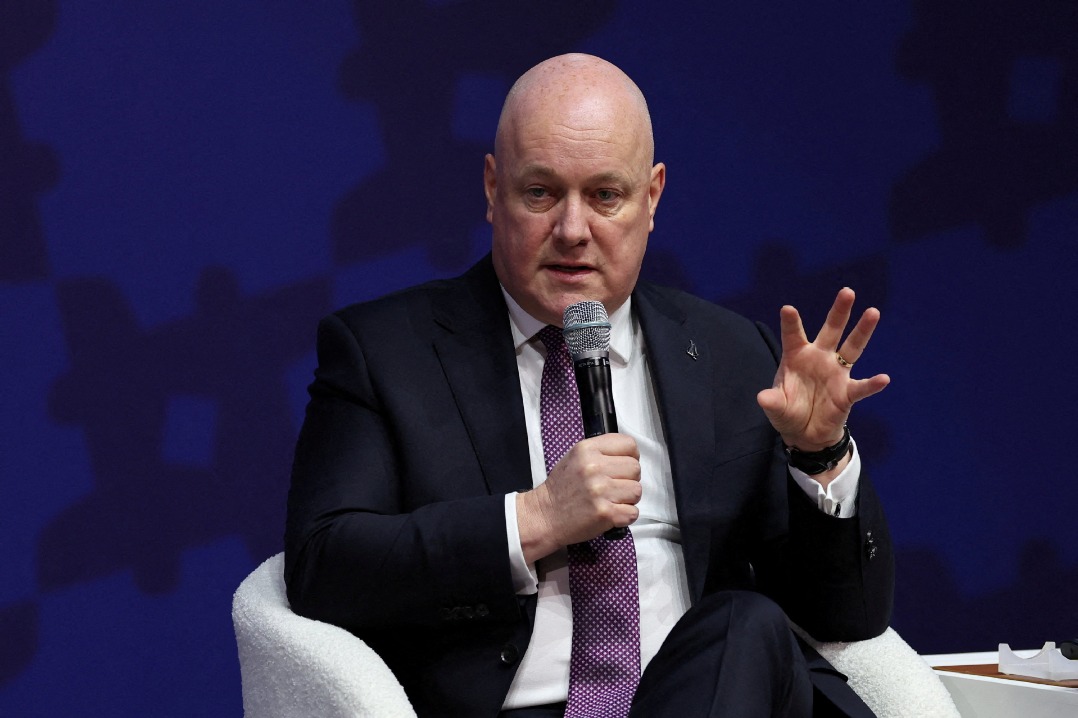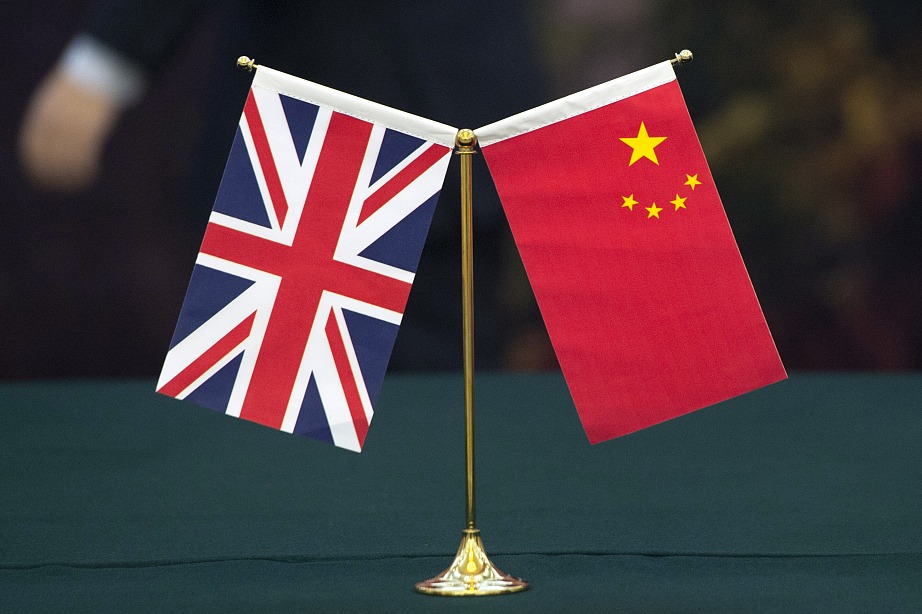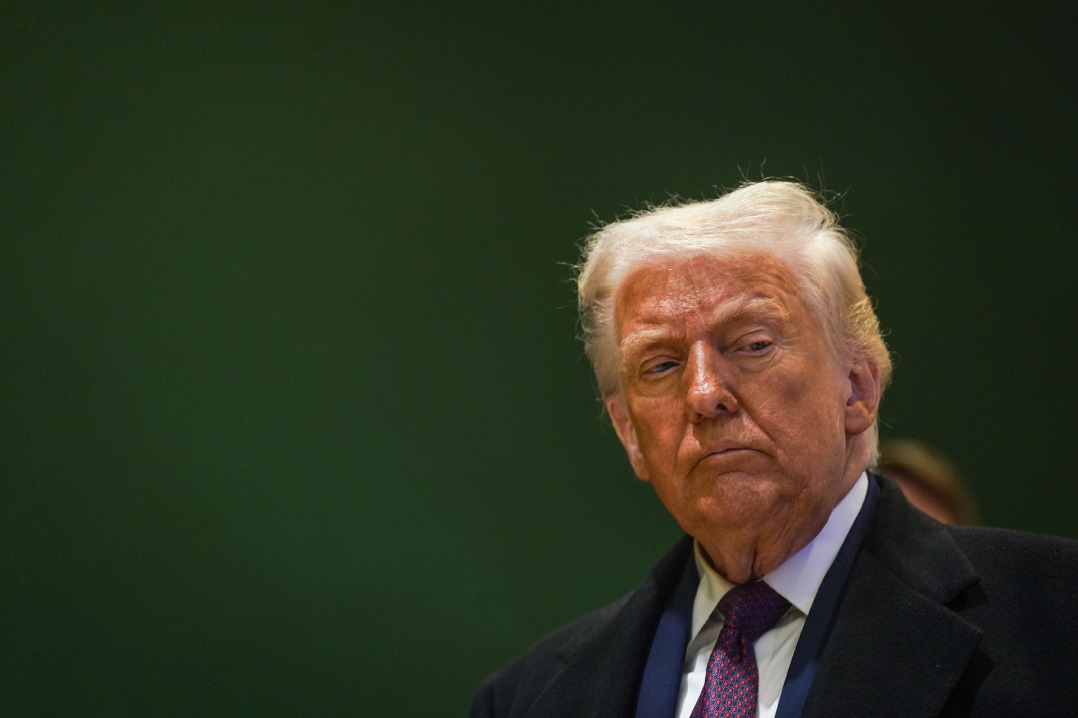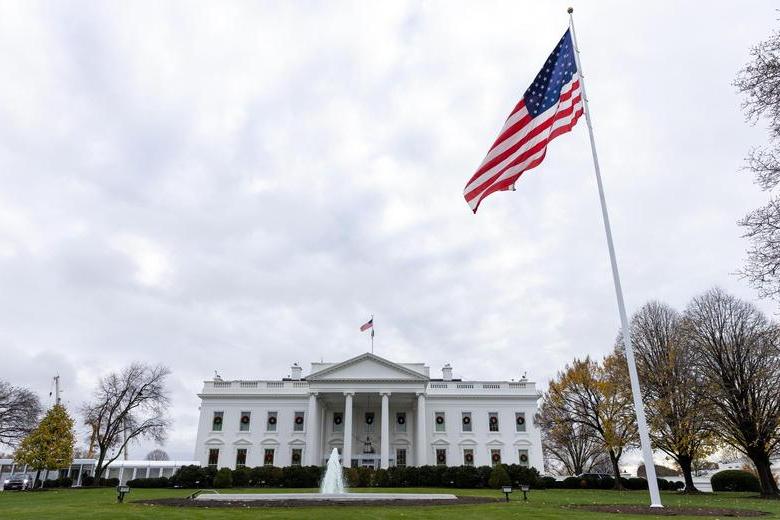CRRC, taken off stock index, is US jobs creator


Rail-car maker CRRC has provided subway cars to transit systems across the United States and the globe. It has built factories in the US and provided jobs for Americans.
Now the company and six others find themselves removed by a provider of major global stock indices for political reasons.
Index provider MSCI Inc on Tuesday moved to delete the securities of the companies after the outgoing Trump administration banned purchases of their shares by executive order in November. The move followed similar steps by index rivals, including FTSE Russell and Nasdaq.
However, investors don't expect the administration of US President-elect Joe Biden to act quickly to change new rules that bar new investment in some Chinese companies, an MSCI executive told Reuters on Wednesday.
During a consultation with more than 100 clients on how to reshape its indexes around the restrictions, MSCI found the conventional wisdom to be that altering the rules "is not the highest priority for the Biden administration", Sebastien Lieblich, the Paris-based head of index research for MSCI, said in an interview.
The stocks of six other companies that MSCI is removing: Semiconductor Manufacturing International (SMIC), the biggest chipmaker in China; China Communications Construction, an infrastructure company; Hangzhou HIK Vision Digital Technology, a maker of video surveillance equipment; China Railway Construction, one of the world's largest engineering companies; China Spacesat, a satellite maker; and Dawning Information Industry, a computer maker.
As with similar steps by S&P Dow Jones Indices and FTSE Russell, the move means index-tracking funds will need to divest. The firms will be pulled from the indexes on Jan. 5.
The seven companies were among 35 listed by the US Department of Defense as owned or controlled by the Chinese military.
China has condemned the moves, saying the effort runs counter to principles of market competition.
Over the last several years, CRRC, a state-owned company based in Beijing, has landed billions of dollars' worth of contracts to build rail cars for transit systems in metropolitan Boston, Chicago, Philadelphia and Los Angeles.
CRRC Sifang America Inc has built a more-than 380,000-square-foot facility on the South Side of Chicago that opened last year. For its Chicago Transit Authority rail cars, the facility sources 70 percent of the components from US manufacturers.
In November, House Armed Services Committee Chairman Adam Smith, a Democrat from Washington state, said claims that CRRC was a national security threat were being voiced by US manufacturers who want to legislate the competition out of business.
He joked that if China planted "listening devices in the trains … they … [would] hear people bi------ about their boss on their way home from work".
"To fully understand the facts, benefits and jobs CRRC Sifang America has brought to the US marketplace, please visit CRRC's factory," said Marina Popovic, human resources director and chief legal counsel for CRRC Sifang America.
"CRRC has built a state-of-the-art passenger railcar manufacturing facility on the South Side of Chicago. It employs approximately 100 people, including well-paid union workers. CRRC expects to hire approximately 100 more workers in the coming year. At the end of the day, the reality is rather simple. CRRC is building passenger railcars in America, by Americans, for Americans."
A provision in the fiscal 2020 defense bill would ban transit agencies from procuring rolling stock from companies that are owned or subsidized by the Chinese government. The House bill would ban only rail cars; the Senate version would include buses, politico.com reported in November.
"As it happens, there are no domestic rail car producers for it (CRRC) to compete with," the Chicago Tribune Editorial Board wrote in October.
CRRC's plant brought back the manufacture of rail cars in the city for the first time in 50 years.
"Critics also fantasize that the Chinese company could incorporate technology to spy on Americans or sabotage transit systems," the Tribune wrote.
The newspaper quoted Senator John Cornyn, a Republican from Texas, who said China "has already infiltrated our rail and bus manufacturing industries".
"If by 'infiltrated' he means that Chinese firms have built factories and won contracts for rail cars and buses, he's right. But what's wrong with that? Foreign investment is good for the US economy and American workers. Transit agencies benefit from having more choices," the editorial said.
CRRC's plant in Springfield, Massachusetts, which opened in 2018, is 204,000 square feet and has more than 300 employees. The Chicago and Springfield sites contain test tracks. In Los Angeles, the company has a smaller facility that employs 50 workers.
As for MSCI, it said it would launch versions of some indexes that retain the barred Chinese companies' securities.
Lieblich said MSCI decided not to delete subsidiaries or affiliates of some of the restricted Chinese companies but could take further action if Washington gives more details about specific listings it wants barred.
"Whether the spirit of the order was to have everything excluded, that's an open question," Lieblich said.
"MSCI's stated decision not to remove these firms' subsidiaries and affiliates underscores the need for Congress to take further action," US Senator Marco Rubio, Republican of Florida and a frequent critic of China, said in a statement.
Investors said MSCI's intended launch of new indexes, which retain the stocks, could be useful but that would depend on how widely such products are taken up as benchmarks.
"Many non-US investors will be free to choose the index that retains the stocks, but many follows whatever the big US houses are doing anyway," said Tariq Dennison, managing director at GFM Asset Management in Hong Kong.
Reuters contributed to this story.

















